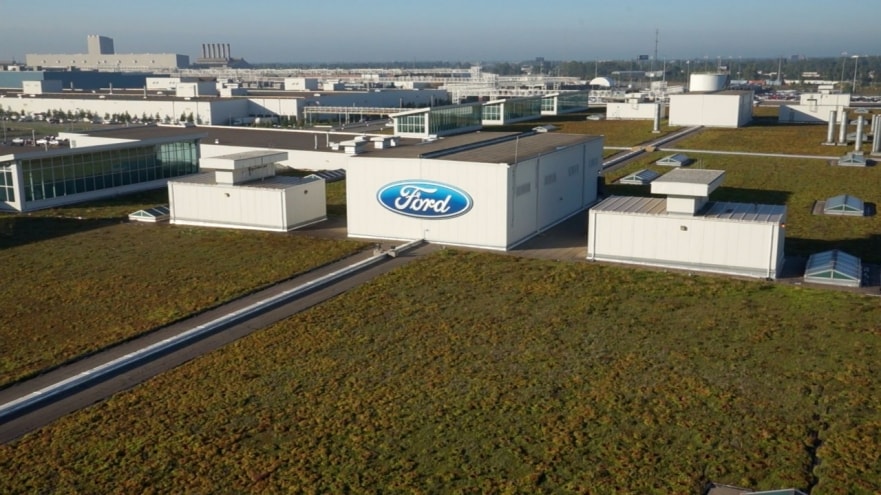DETROIT — Faced with competition from lower-cost automakers, Ford Motor Co. is altering its electric car strategy, focussing on two new electric pickup trucks and a new commercial van. The company claims all will be less expensive, have a greater range, and be profitable before taxes within a year of hitting showrooms.
Ford, which is losing millions on its current EVs, provided little information about the upcoming models. However, it said that production of its next-generation full-size electric pickup truck in Tennessee will be postponed by 18 months until 2027.
Ford To Shift Electric Vehicle Strategy By Building New Lower-Cost Pickups And A Commercial Van
Due to high battery costs, the company will not produce fully electric three-row SUVs but will instead focus on gas-electric hybrids.
The other new pickup will be mid-sized, with new foundations designed by a small team in California. It will also go on sale in 2027. The unnamed van will be produced at an assembly factory west of Cleveland beginning in 2026.
The adjustments will cause Ford to write down $400 million of its current assets to build large electric SUVs, and it expects to incur extra costs of up to $1.5 billion.
“We’re committed to creating long-term value by building a competitive and profitable business,” Chief Financial Officer John Lawler stated.
The business also stated that it will reduce capital spending on EVs. It will now allocate 30% of its yearly capital budget to its development, down from 40%.
Ford, which has long discussed producing lucrative EVs, lost $2.46 billion in the first half of the year, reducing profits from its gas-powered and commercial vehicles.
The business stated in a prepared statement that the global EV industry is fast evolving and must adapt to compete with Chinese manufacturers with cheaper production and technical costs. At the same time, current purchasers are more cost-conscious than early adopters, and automakers are offering more electric vehicles.
“These dynamics underscore the necessity of a globally competitive cost structure while being selective about customer and product segments to ensure profitable growth and capital efficiency,” according to the company.
Ford also stated that it will produce more commercial and consumer vehicles based on new, economical EV platforms. More information will be shared during an event in the first half of next year.
Electric vehicle sales in the United States, Ford’s most profitable market, are still increasing but have slowed as more practical consumers become concerned about range and the ability to recharge while traveling. Tesla Inc., the market leader, has lowered prices, prompting rivals to follow suit.
Ford To Shift Electric Vehicle Strategy By Building New Lower-Cost Pickups And A Commercial Van
According to Motorintelligence.com, total sales of electric vehicles in the United States increased by around 7% in the first half of the year to 599,134. EVs account for 7.6% of the new car market in the United States, which is consistent with the previous year. Lease transactions, which contain federal tax benefits, contributed to increased sales.
That was part of the reason Ford revised its approach to use hybrids on large SUVs. According to the firm, hybrids are equally profitable as petrol vehicles, which Ford will continue to produce.
Ford shares increased 2.1% in Wednesday trading.
SOURCE | AP









